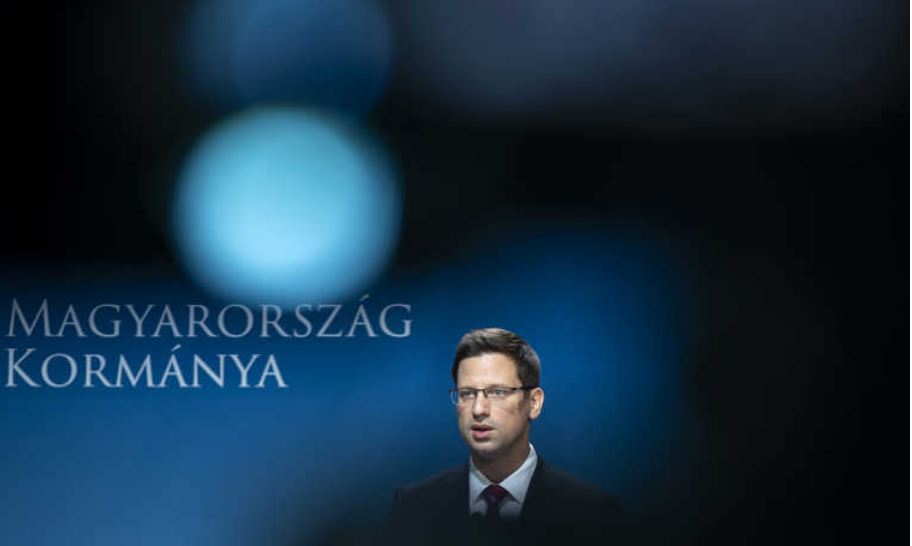By: V4 Agency
The Hungarian government has made public the Russian and Chinese vaccine contracts and is asking the European Union to follow suit.
Hungarian Minister of the Prime Minister’s Office Gergely Gulyas announced on Thursday that the Hungarian government would make public its procurement contracts for the Russian and the Chinese vaccines. The politician also asked the European Union to disclose the contracts concluded by the European Commission. According to Gergely Gulyas, these are not secrets, but data of public interest.
The minister posted the contracts on Facebook. Among other information contained therein, Hungary ordered a total of five million doses of the Chinese vaccine to be delivered in four instalments, with the majority (three and a half million) expected to arrive by mid-June. An agreement was reached for the purchase 1.3 million doses of the Russian vaccine, to be delivered in three instalments.
“The Hungarian government is on the side of transparency regarding vaccine procurement. As promised, we are making the Chinese and Russian contracts public, and we also ask the European Commission (EC) to make the agreements concluded by Brussels public,” Gergely Gulyas wrote in the post.
Brussels has cut deals with Pfizer/BioNTech, Moderna, AstraZeneca, CureVac and Sanofi-GSK, but is being consistently tight-lipped about the details. In a statement sent to the Hungarian state news agency MTI, the representation of the EC in Hungary stated that it was not up to the EC to disclose the contracts, as it required the consent of the contractual partners.
Back in January, V4NA contacted the EC concerning vaccine procurement contracts and received a similar answer. Stefan De Keersmaecker, spokesman for Public Health and Food Safety at the European Commission, said that contracts with pharmaceutical companies are covered by a confidentiality clause with one exception: drug maker Comirnaty gave permission to publish its contract, which is available on the EU’s coronavirus vaccines strategy website. The spokesman, however, told V4NA that the Commission was represented by Sandra Gallina, Director General of the European Commission’s Directorate General for Health and Food Safety and the Commission closely followed the negotiations. It was Sandra Gallina who signed the contracts, but the names of the negotiating team could not be disclosed.
As regards delays in shipping, De Keersmaecker told V4NA that the contracts contain clauses on all issues, including late delivery, but the contractual details cannot be disclosed.
“That information is confidential, so we cannot share it. Yet we try to use all of the means at our disposal to make sure that they are delivered as early as possible,” the spokesman said.

